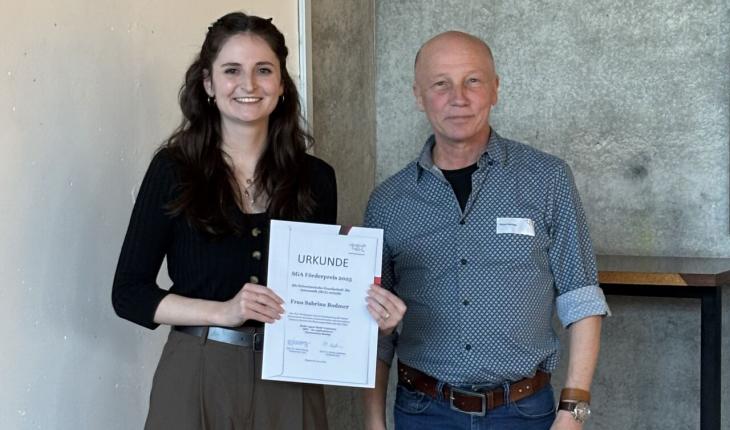Let’s get down to business
Swiss universities are a goldmine of research with rich potential to change the world. From robotics to biotech, the ideas that germinate in the lab often lead directly to business opportunities. But even when the market potential seems clear, getting there is another story.
bench2biz – an initiative organised by a consortium of the National Centres of Competence in Research, and supported by the Federal Institute for Intellectual Property – aims to bridge the gap with intensive workshops to help scientists get insight into what is involved in launching a start-up, and helping them to determine whether it’s the right path for them. The workshops are run entirely pro bono, thanks to volunteers (including IP lawyers, industry experts and more) who offer their time in exchange for the opportunities of networking and discovering exciting new projects.
While the start-up ecosystem is rich in accelerators and support programs, this workshop offers a fast and focused overview designed specifically for researchers considering making the jump from academia to industry. That tight focus is important.
“The start-up scene is very varied,” says Xavier Guidetti, who participated in the most recent workshop. “It’s hard to do high-quality work in a heterogenous group. Here, we were all coming from a similar background; we were all dealing with the same issues, like when do we stop doing research and start marketing?”
Xavier’s team has developed smart control systems for fused deposition modelling (better known as 3D printing), a tool with rich commercial potential as additive manufacturing grows in importance. They aim to produce a kit that can be installed on any existing machine, eliminating the common frustrations and making 3D printing as straightforward as printing on paper.

Although in principle, this technology could be useful at any level from home users to the most sophisticated applications such as aerospace, Xavier has decided to target intermediaries such as print-on-demand service suppliers, and professional users with less specialised or safety-critical needs. He credits bench2biz with helping to determine that this would be the best route to market.
“I really appreciated that there was a lot of insistence on the question of whether people were willing to pay for your solution. We all are used to writing motivations for research papers, but maybe the solution that we’re presenting isn’t something people are ready to pay for. That is the real question when it comes to commercialising something.”
A change of mindset
Ignoring readiness to pay is just one example of how academic training can leave researchers unprepared for entrepreneurship. The pace of decision making is another. Whereas scientists need to go over their work many times, from many angles, the business mindset is more about taking a gamble and figuring out the details on the go.
“That’s not an approach that I would want to take, but the workshop was very helpful in identifying where I was and helping me move away from the extreme caution side of the spectrum,” says Xavier. “It helped me to gain confidence that what we have so far is definitely enough. Things get real when you get started – there’s no better way.”
Over the course of about a week, with plenty of time allowed for homework, participants are supported in defining their goals, clarifying what still needs to be done before launch, and figuring out the practicalities of setting up their business. Even when specific questions (such as IP technicalities) can’t be answered within the workshop, says Xavier, he came out knowing more about how to get the answers he needs.
Another past participant, Vanessa Carle, also emphasises the value of getting to the right questions – not the answers. “You might get an answer from an expert, and the total opposite answer from another expert, and they’re both valuable. But what is important, especially for someone wanting to enter into entrepreneurship, is knowing what needs to be investigated.”
Such as the question of market size – something that scientists may feel ill equipped to determine. As Xavier says: “We convince ourselves that just having a great solution is enough. But we've never really quantified how much money it could bring in. It was very interesting to see what numbers people could come up. It can be surprising to listen to ideas from other participants, and you think oh, this is great! But when they do the numbers, the numbers are quite on the weak side. And maybe ideas that seem kind of boring might have great potential in terms of market penetration.”
Getting a sense of how important those numbers are was also eye-opening. “It was interesting to know that these numbers are very much the first factor that is considered when you look for private funding. And I had no idea, for example, that below Fr20 million per year, you're not even really considered.”
Benjamin Sawicki, the NCCR Automation’s Technology Transfer Officer, is a bench2biz co-organizer and coach. “What’s so exciting about Bench2Biz is seeing these scientists start to ask questions like entrepreneurs, within a single week,” he says. “This is where new technologies get set on the path to adoption, and it shows why Switzerland is the place for deep tech innovation.”






